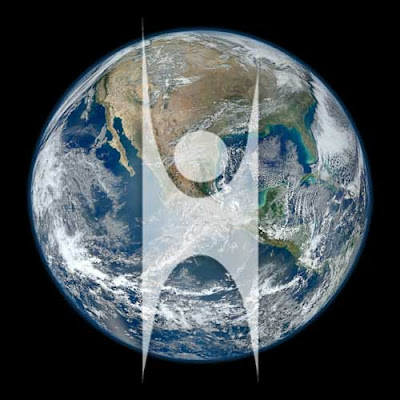What is humanism?
Humanism is a philosophical
movement attributed to those who reject religious and supernatural ideologies.
Humanists care greatly about
human welfare and happiness, working towards the creation of a world where
everyone can live a flourishing life. They make ethical decisions based on
science, reason and empathy and reject the supernatural and the concept of an
afterlife. In doing so, humanists focus on living ethical and fulfilling lives
in the here and now and the one life that we have.
A humanist lives their life
according to a set of values that prioritise scientific reasoning and empathy
for other human beings.
A humanist is primarily
concerned with how human beings relate to the world and believes in ethical
principles that prioritise human welfare and happiness.
A humanist believes that the
universe is a natural phenomenon with no scientific design behind it and that
meaning is something we create ourselves as opposed to being something that is
out there for us to find.
Dictionary definitions of
humanism vary but the Oxford Companion to
Philosophy defines humanism as “An appeal to
reason in contrast to revelation or religious authority as a means of finding
out about the natural world and destiny of man, and also giving a grounding for
morality. Humanist ethics is also distinguished by placing the end of
moral action in the welfare of humanity rather than in fulfilling the will of
God.”
Humanists UK define a humanist as someone who:
Trusts the scientific method when it comes to understanding how the
universe works and rejects the idea of the supernatural and is therefore an
atheist or agnostic.
Makes their ethical decisions based on reason, empathy and a concern
for human beings and other sentient animals.
Believes that, in the absence of an afterlife and any discernible
purpose to the universe, human beings can act to give their own lives meaning
by seeking happiness in this life and helping others to do the same.
When
did humanism begin?
Humanism is thought to have
begun in the late 14th century in Italy and was a major movement of the
Renaissance.
According to research published
in Oxford Bibliographies, it spread to the rest
of Europe in the mid-15th century and by the 16th century, it was the dominant
intellectual movement. Back then, humanism was primarily about reviving
classical learning methods and was about literary knowledge and linguistic
skills, as opposed to an overarching approach to life.
It became the humanism we now
know it to be in the mid-1800s when the word was used by German historian Georg
Voigt to describe a philosophy centred on humankind.
Why is World Humanist Day celebrated on the 21st June?
World Humanist Day is
celebrated on the Summer Solstice (in the Northern Hemisphere and Winter Solstice
in the Southern
Hemisphere). This is a date partly chosen to reflect humanity’s deepening
scientific understanding of our world, marking an event that, by its nature, is shared globally
at the same moment in the calendar.
Science is a hugely important
part of the humanist approach, enabling an understanding of the world around us. Although it does not give us certainty - there are scientific questions that we
still cannot answer - it has proved incredibly reliable and gives us the best
chance of answering these questions.
💚🦆 🦉 🌼 🌳💚
Stay safe, stay well, stay strong, stay connected with nature
💚🦆 🦉 🌼 🌳💚
Stay safe, stay well, stay strong, stay connected with nature

No comments:
Post a Comment
If you feel like commenting on my blog, you can contact me by completing the comment form below. I will respond to all comments and enquiries and constructive criticism will always be welcomed.